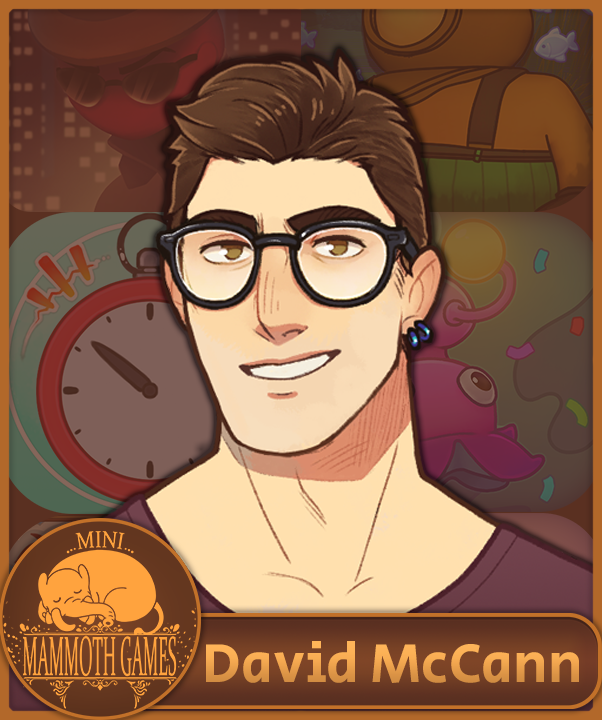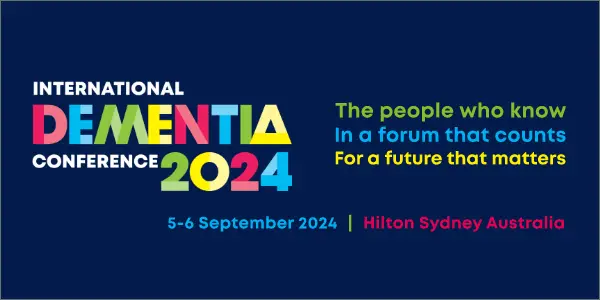In this guest post, Game Designer and co-founder of Mini Mammoth Games David McCann shares his views on what goes into creating an online game experience. David got in touch with Inside Ageing to explore the potential of developing something for aged care and/or the elderly. He can be reached via his byline at the top of the article if you would like to develop a gamified experience.
Not so long ago I was meeting with a manager of a well-known company who was in charge of their professional development program, and he was looking for a new approach. His goal was to motivate his team to break out of their usual ways of thinking – to approach their work with a fresh perspective and uncover innovative workflows. Little did he know that by the end of our conversation, he would come to a surprising realisation about the true solution to his problem didn’t involve me at all.
To motivate his team, he needed to think about the problem differently. He had been managing people instead of talking to them, and he was only able to define answers to his problems through the lens of enforced action. By the end of our conversation, he resolved to focus on talking with his team, asking them about their work and exploring the types of luxuries he could offer them as rewards for continuing to think strategically.
This of course was instead of spending money with me to develop a convoluted gamified piece of
software. I can’t say it was my finest moment selling Mini Mammoth Games, but I am a designer first and I would rather solve his problems than spend inordinate amounts of time developing for no effect.
I have read a lot of research and articles about the positive effects of games. Many of them focused on the elderly, the young, the disabled, parents etc. They all read in a very similar manner and suggest that many people think about games the same way as our wayward manager.
For example, someone asks a silly question like ‘Can playing games help a group of people do something better’, and then someone else writes too many words that amount to ‘Yes’. To be frank, developing games for the elderly is no different to developing games for anyone else. Sure, you have specific accessibility options you should incorporate into your project to make it fun to play for your audience, but that is the same for every game.
The specifics change, but in general, when we develop a game we ensure the people we want to play it – can – that’s the whole point of game design!
Our projects are intended to be grabby and interesting, and when they aren’t we prod and poke them until they do. Whether it’s for the elderly, the young or the foolish, we labour to ensure the projects we create grab their attention.
My view on developing specifically for the elderly so that they can play with their family is that I must talk with them, learn about them and build something that speaks to their shared experiences. To do this, I must not think of them as ‘the elderly and their family’ but instead as explorers, warriors, rogues and villains. I will craft for them a fitting adventure that suits their wants and abilities, and set them free to discover something new.
My team and I will develop for them as we develop for anyone, by building something unique that tells a story people haven’t yet experienced.










